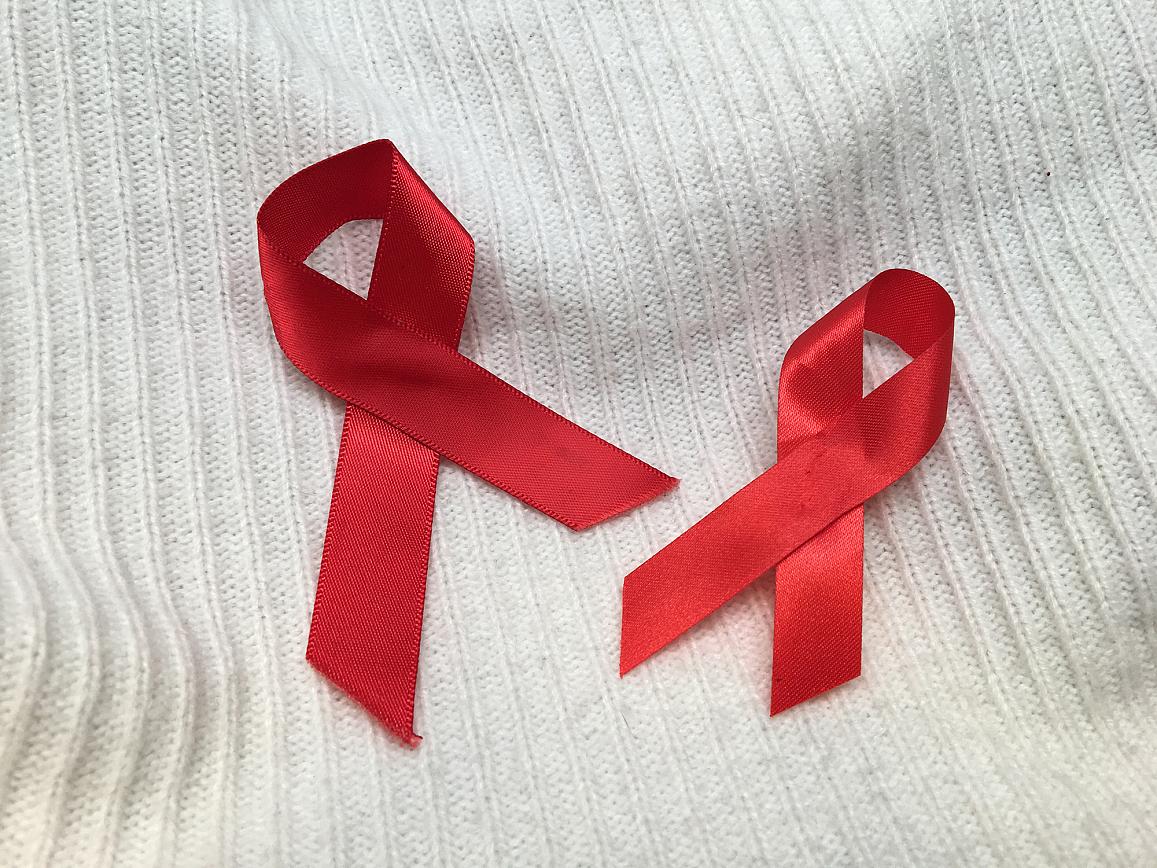HHS Advisory Committee to Discuss Results of HOPE Act Research on Organ Transplants Between People with HIV
Topics

The November 17 meeting of the Advisory Committee on Blood and Tissue Safety and Availability (ACBTSA) will focus on the HIV Organ Policy Equity (HOPE) Act, which allows for research into transplanting organs from HIV-positive donors into HIV-positive recipients.
ACBTSA is a 29-member federal advisory committee that provides advice to the Secretary of Health and Human Services through the Assistant Secretary for Health on a range of policy issues related to blood, blood products, organs, and tissues. For solid organs, the Committee’s work is limited to policy issues related to donor-derived infectious disease complications of transplantation. The HHS Office of Infectious Disease and HIV/AIDS Policy provides support to the ACBTSA’s activities. Read more about the Committee and its members.
The HOPE Act, passed by the U.S. Congress and signed into law in 2013, allows organ transplants from donors with HIV to recipients with HIV under approved research studies in the United States to assess the safety and efficacy of this practice. Prior to that change in the law, no organs from donors identified as HIV-positive could be used for transplant, despite the fact that a number of candidates awaiting, and receiving, transplants are HIV-positive. That’s because people with HIV are more likely than HIV-negative people to develop end-stage kidney and liver disease, making them candidates for transplantation. When that happens, they must join waitlists for donor organs. But there are not enough donors to match the need, and many people (with and without HIV) die before a potentially life-saving organ becomes available. The HOPE Act-authorized research protocols mean people with HIV and end-stage liver or kidney disease may not wait as long for a transplant if an organ from a donor with HIV is available. The protocols also mean that people with HIV may now sign up to become organ donors.
NIH’s National Institute of Allergy and Infectious Diseases funds two large clinical trials—the HOPE in Action Multicenter Kidney Study (launched in 2018) and the HOPE in Action Multicenter Liver Study (launched in 2019)—at transplantation centers across the United States to compare clinical outcomes among people with HIV who receive organs from deceased donors with HIV to those who receive HIV-negative organs.
During the November 17, 2022, ACBTSA meeting, the Committee will hear research updates on kidney, liver, heart, and lung transplants conducted under the HOPE Act and will consider a resolution with recommendations to the Secretary of Health and Human Services. The meeting will be streamed live on hhs.gov/live between 10:00 AM and 1:45 PM (ET). Read more about this meeting, including the draft resolution on HIV-positive to HIV-positive organ transplantation and how to submit written comments on the this page.
To learn more about the HOPE Act, see these prior HIV.gov blog posts:
- HOPE Act to facilitate organ recovery from HIV-positive donors
- Criteria Published for Research into Organ Transplantation from One Person with HIV to Another
- NIH Clinical Trial to Track Outcomes of Kidney Transplantation from HIV-Positive Donors to HIV-Positive Recipients
- Kidney Transplant from Living HIV-positive Donor to HIV-positive Recipient: What Does this Mean?
- NIH Clinical Trial to Track Outcomes of Liver Transplantation from HIV-Positive Donors to HIV-Positive Recipients
- Organ Donors – A Q&A with HIV Transplantation Experts
- Kidney Transplantation Between People with HIV is Safe, NIH Study Finds